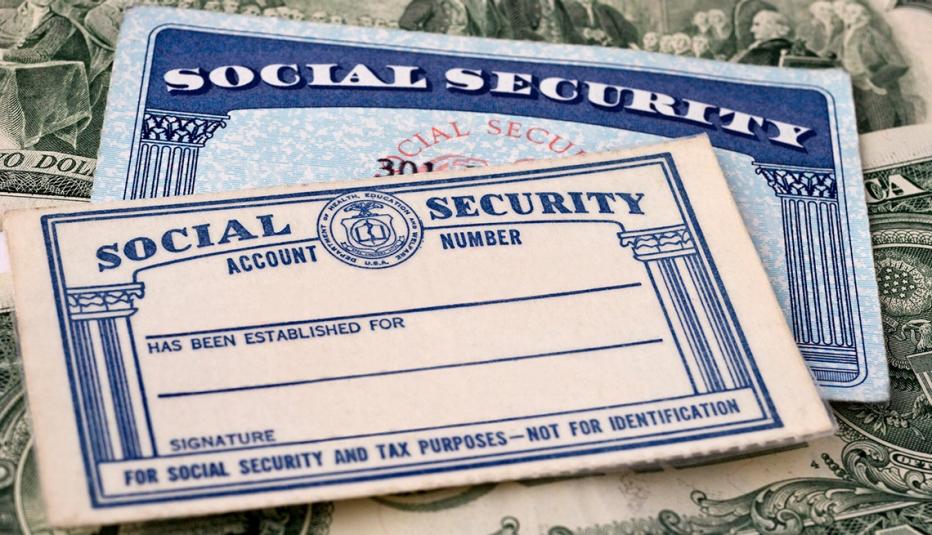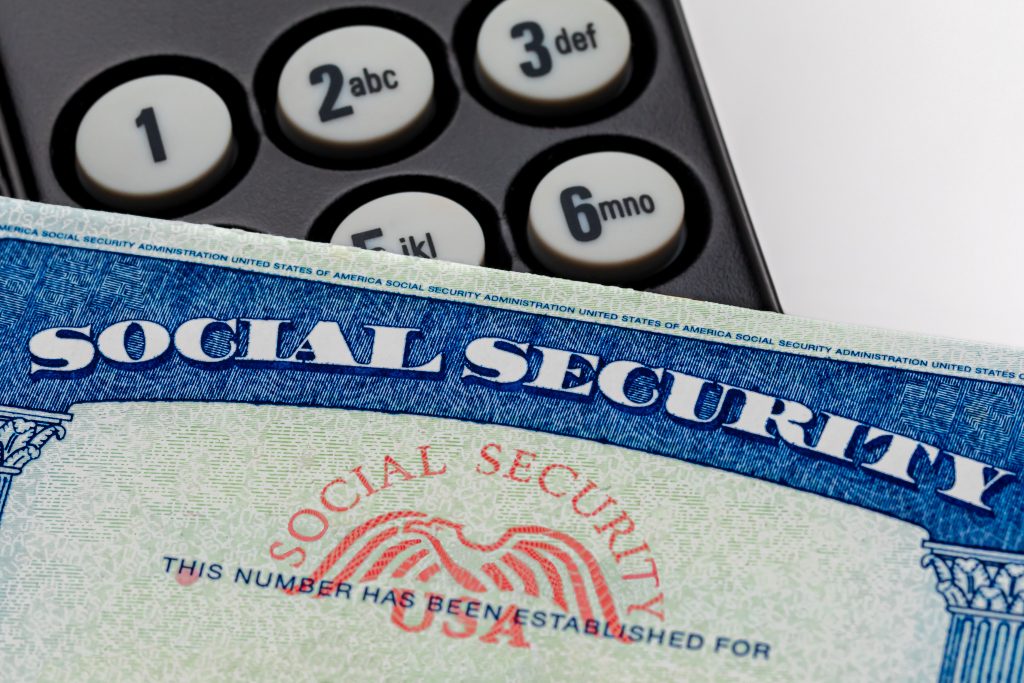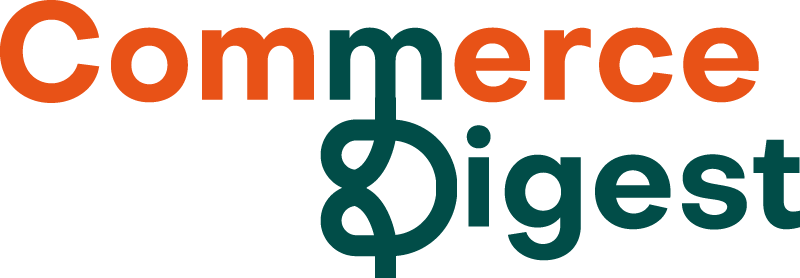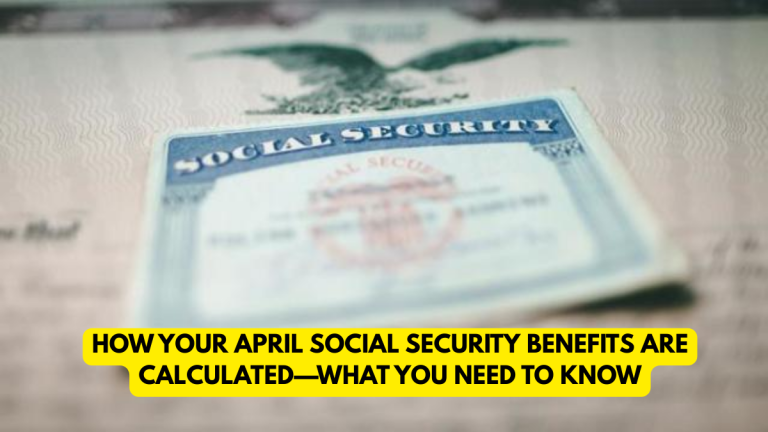
The Social Security Administration (SSA) recently updated its identity verification requirements, sparking concern among beneficiaries. However, in response to public feedback and advocacy efforts, the agency has clarified that the new in-person ID verification requirement will not apply to applicants for Supplemental Security Income (SSI), Social Security Disability Insurance (SSDI), or Medicare.
Key Changes to SSA’s Identity Verification Policy
Initially, the SSA planned to mandate in-person identity verification for all applicants who could not use the “my Social Security” online portal. This move was aimed at preventing fraud and enhancing security. However, following concerns from disability advocates, senior citizen groups, and the general public, the agency reversed part of its decision.
As of April 14, 2025, individuals applying for SSI, SSDI, and Medicare can complete their applications over the phone without needing to visit an SSA field office. This change is intended to accommodate those who may have limited mobility, lack transportation, or face difficulties accessing digital services.
Who Still Needs to Verify In Person?
While the SSA has exempted SSI, SSDI, and Medicare applicants from the new rule, other beneficiaries are still required to complete in-person verification. This includes:
- Applicants for Retirement and Survivor Benefits: Unless granted an exception, individuals seeking retirement or survivor benefits must verify their identity in person if they cannot use the online verification system.
- Spouse or Child Auxiliary Beneficiaries: Those applying as auxiliary beneficiaries (spouses or children of a primary recipient) will also need to undergo in-person identity proofing.
- Direct Deposit Changes: If a beneficiary cannot update their direct deposit details through the “my Social Security” portal, they must visit an SSA office in person to make changes.
How to Apply for Benefits Without an In-Person Visit?

For those who qualify for the exemption, the SSA provides multiple options to complete applications:
- Phone Applications: Individuals can call the SSA’s toll-free number at 1-800-772-1213 to apply for benefits or receive assistance.
- Online Applications: The my Social Security portal remains the primary method for managing benefits, updating information, and submitting applications.
- Paper Applications: In some cases, applicants may submit paper forms by mail, although this may take longer to process.
Advocacy Groups and Public Reaction
The SSA’s initial proposal to enforce stricter ID verification drew strong criticism from advocacy organizations. Groups representing disabled individuals and seniors argued that requiring in-person visits placed an unnecessary burden on those with mobility issues, limited transportation, or difficulty navigating digital platforms.
Following this backlash, the SSA adjusted its policy to ensure that those who rely on disability and low-income benefits are not excluded from the system. This revision has been widely praised as a step toward balancing security with accessibility.
Government’s Push for Enhanced Security
Despite the rollback for certain applicants, the SSA continues to emphasize the importance of identity security. The agency has warned about the increasing risks of identity theft and benefit fraud, which prompted the initial policy shift. Officials encourage all beneficiaries to create a my Social Security account to manage their information securely.
Additionally, the agency recommends using identity verification tools provided by the U.S. government to protect against unauthorized account access and fraudulent claims.
What’s Next for SSA Applicants?

The SSA’s updated policy takes effect on April 14, 2025. Until then, beneficiaries are encouraged to familiarize themselves with the latest requirements and prepare accordingly.
For those who still need to visit a Social Security office, scheduling an appointment is advised to avoid long wait times. Appointments can be made by calling 1-800-772-1213 or visiting the Social Security Office Locator to find the nearest branch.
Final Thoughts
The SSA’s decision to exempt SSI, SSDI, and Medicare applicants from in-person identity verification is a significant relief for millions of Americans who depend on these benefits. While the agency remains committed to security, it has also acknowledged the challenges faced by vulnerable populations.
As the implementation date approaches, beneficiaries should stay updated on any further changes by regularly checking the official SSA website and consulting advocacy organizations for guidance. For those with concerns about their applications, reaching out to the SSA directly remains the best course of action.



